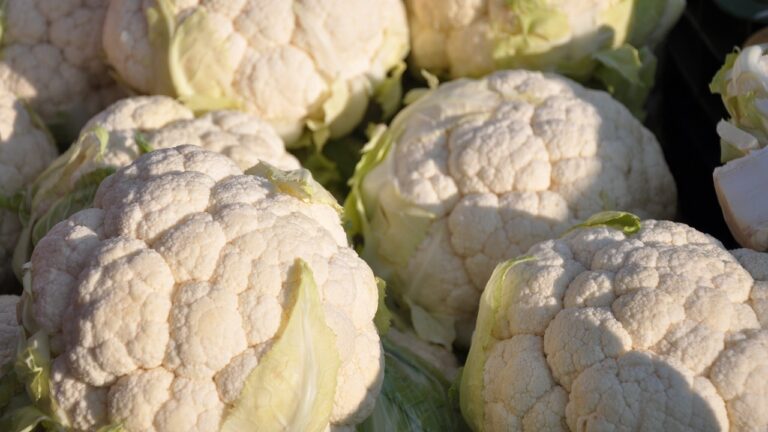The Impact of Climate Change on Food Security
Climate change is primarily driven by human activities such as the burning of fossil fuels, deforestation, and industrial processes. The emission of greenhouse gases, including carbon dioxide and methane, traps heat in the Earth’s atmosphere, leading to a gradual increase in global temperatures.
Furthermore, the conversion of land for agricultural purposes, along with the release of pollutants from transportation and waste disposal, also contributes significantly to the phenomenon of climate change. These activities disrupt the natural carbon cycle and intensify the greenhouse effect, causing long-term alterations in weather patterns and the overall climate system.
Effects of Climate Change on Agriculture
Climate change poses significant challenges to agriculture worldwide. With rising temperatures and erratic weather patterns, crop production is becoming increasingly fragile. Extreme heat waves and droughts can decimate crops, leading to lower yields and food shortages. Furthermore, the increasing prevalence of pests and diseases in changing climatic conditions is putting additional stress on agricultural systems, making it harder for farmers to maintain productivity.
Moreover, unpredictable rainfall patterns associated with climate change disrupt planting and harvesting schedules, affecting the overall agricultural output. Floods and storms can destroy crops, resulting in financial losses for farmers and food insecurity for communities. These impacts of climate change on agriculture highlight the urgent need for sustainable and adaptive farming practices to ensure food security in the face of a changing climate.
• Climate change poses significant challenges to agriculture worldwide
• Rising temperatures and erratic weather patterns make crop production fragile
• Extreme heat waves and droughts can lead to lower yields and food shortages
• Increasing prevalence of pests and diseases in changing climatic conditions adds stress on agricultural systems
• Unpredictable rainfall patterns disrupt planting and harvesting schedules, affecting overall agricultural output
• Floods and storms can destroy crops, resulting in financial losses for farmers and food insecurity for communities
• Urgent need for sustainable and adaptive farming practices to ensure food security in a changing climate.
Decrease in Crop Yields
Crop yields are facing a significant decline due to the changing climate patterns across the globe. The variations in temperature and precipitation levels are causing disruptions in the growth cycles of various crops, leading to reduced productivity in agricultural fields.
Additionally, the increase in frequency and intensity of extreme weather events such as droughts, floods, and heatwaves are posing serious challenges to farmers worldwide. These intense weather conditions not only damage the crops but also hinder the normal physiological processes of plant growth, resulting in lower yields and poor quality produce.
What are some of the causes of climate change?
Some of the causes of climate change include the burning of fossil fuels, deforestation, and industrial processes that release greenhouse gases into the atmosphere.
How does climate change affect agriculture?
Climate change can lead to changes in temperature and precipitation patterns, which can disrupt growing seasons, increase the prevalence of pests and diseases, and cause extreme weather events that damage crops.
Why is there a decrease in crop yields due to climate change?
The decrease in crop yields is primarily due to the disruptions in growing seasons, changes in precipitation patterns, and the increase in pests and diseases that result from climate change.
How can farmers adapt to the decrease in crop yields caused by climate change?
Farmers can adapt to the decrease in crop yields caused by climate change by implementing practices such as crop diversification, soil conservation, water management, and the use of resistant crop varieties.
What can policymakers do to address the decrease in crop yields caused by climate change?
Policymakers can address the decrease in crop yields caused by climate change by implementing policies that support sustainable agriculture practices, promote research and development of climate-resilient crop varieties, and reduce greenhouse gas emissions.







